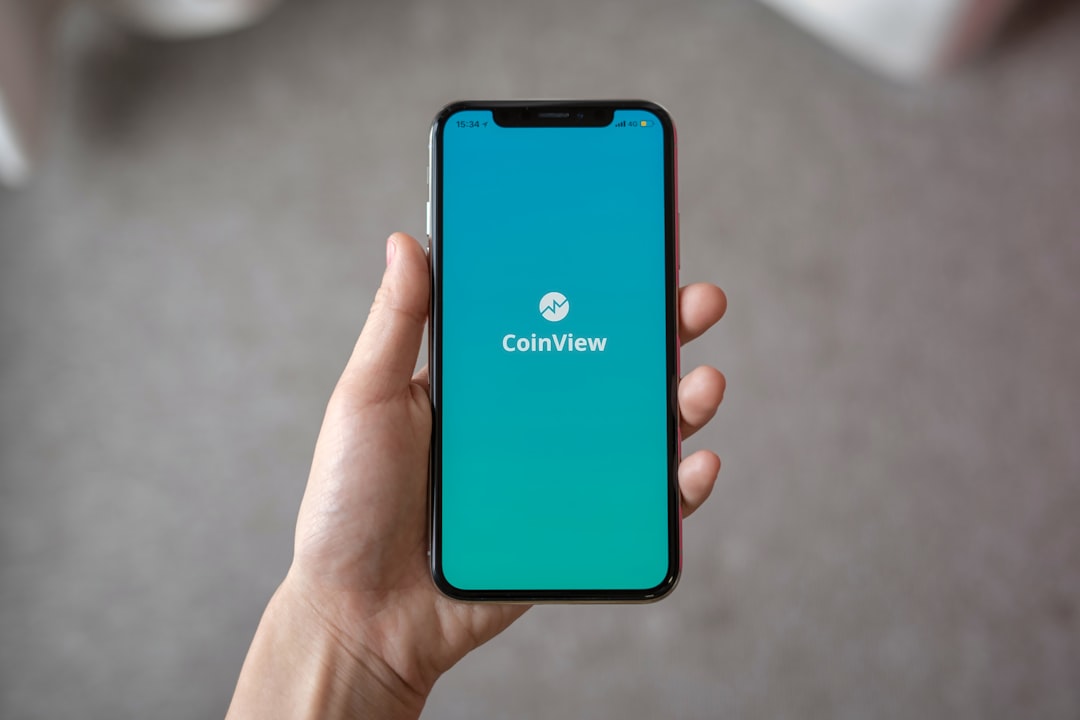Phone phishing scams, targeting Philly residents, exploit trust with fake caller IDs and urgent requests. To prevent spam calls, be vigilant, don't share personal info unless verified, register for Do Not Call lists, block known spammers, and update security settings to protect your data.
In today’s digital age, phone scams, or phishing attempts via telephone, have become increasingly prevalent. This guide explores best practices for avoiding such schemes, focusing on how to stop spam calls in Philadelphia and beyond. We’ll break down common tactics used by scammers, red flags to watch out for, and effective strategies to protect yourself. Additionally, we’ll provide insights on reporting scams and preventing future incidents.
Understanding Phone Phishing Scams: Common Tactics and Targets

Phone phishing scams, a growing concern in today’s digital age, involve cybercriminals using telephone calls to trick individuals into revealing sensitive information. These attacks have become increasingly sophisticated, with scammers employing various tactics to target victims across different demographics. Common methods include impersonating government agencies, banks, or even tech support teams, creating a sense of urgency and fear to pressure victims into complying.
Targets often include individuals who may be less tech-savvy or those who frequently share personal details over the phone. Scammers may use social engineering techniques, such as posing as trusted entities, to gain access to confidential data like bank accounts, passwords, or social security numbers. Understanding these tactics is crucial for Philadelphia residents looking to protect themselves from how to stop spam calls and prevent potential financial losses.
Identifying Suspicious Calls: Red Flags to Look Out For

Recognizing suspicious calls is the first line of defense against phone scams. In Philadelphia, as in many places, spam calls have become increasingly sophisticated, making it crucial to know what red flags to look out for. Pay close attention to unknown callers displaying persistent or aggressive behavior, demanding immediate action, using threatening language, or urging you to provide personal information over the phone. Another common tactic is the use of fake caller IDs, showing a familiar local number to create a sense of trust. Additionally, be wary of calls claiming to be from official organizations, banks, or government agencies, asking for sensitive details under urgent pretenses.
To stop spam calls in Philadelphia and beyond, it’s important to never share personal or financial information unless you have independently verified the caller’s identity and purpose. Hang up immediately if you sense any form of pressure or deception. Registering for Do Not Call lists specific to your region can also help curb unwanted calls. Remember, legitimate organizations respect consumer privacy and will not call if you’re on a registered Do Not Call list.
Protecting Yourself: Best Practices to Stop Spam Calls

To protect yourself from spam calls in Philadelphia, start by being vigilant and cautious. Don’t provide personal or financial information over the phone unless you’ve initiated the call and are certain of the recipient’s identity. Be wary of unexpected calls claiming to be from banks, government agencies, or tech support—legitimate organizations usually prefer verified communication channels. Always verify the caller’s identity independently by contacting them through official, publicly listed numbers.
Consider registering your phone number with the National Do Not Call Registry. This federal list restricts telemarketing calls to your number. Additionally, use call-blocking apps and features provided by your phone service provider. Regularly update your contact lists and block numbers known for spam calls. Stay informed about common phishing tactics, especially those targeting local areas like Philadelphia, to better recognize and avoid suspicious calls.
Reporting and Preventing Future Incidents: What to Do After a Scam Attempt

After a phishing attempt via phone scam, it’s crucial to take immediate action to report and prevent future incidents. Start by blocking the caller’s number using your phone’s settings or a dedicated app designed for blocking spam calls, such as those available in major smartphone operating systems. Then, contact your service provider to inform them about the scam attempt. They can help by providing additional tools and insights into the pattern of these calls.
Next, report the incident to local law enforcement and relevant regulatory bodies, like the Federal Trade Commission (FTC) or Pennsylvania’s Attorney General’s Office. Detailed documentation, including the caller’s number, time of call, and any specific details about the scam attempt, will be helpful in your reporting. Additionally, update your privacy settings on social media platforms and other online accounts to restrict access from unknown numbers. Regularly review and update security measures for your phone and digital devices to ensure ongoing protection against similar scams.






